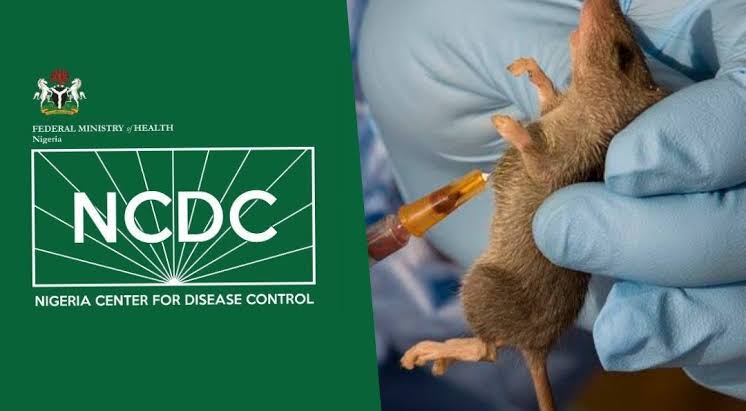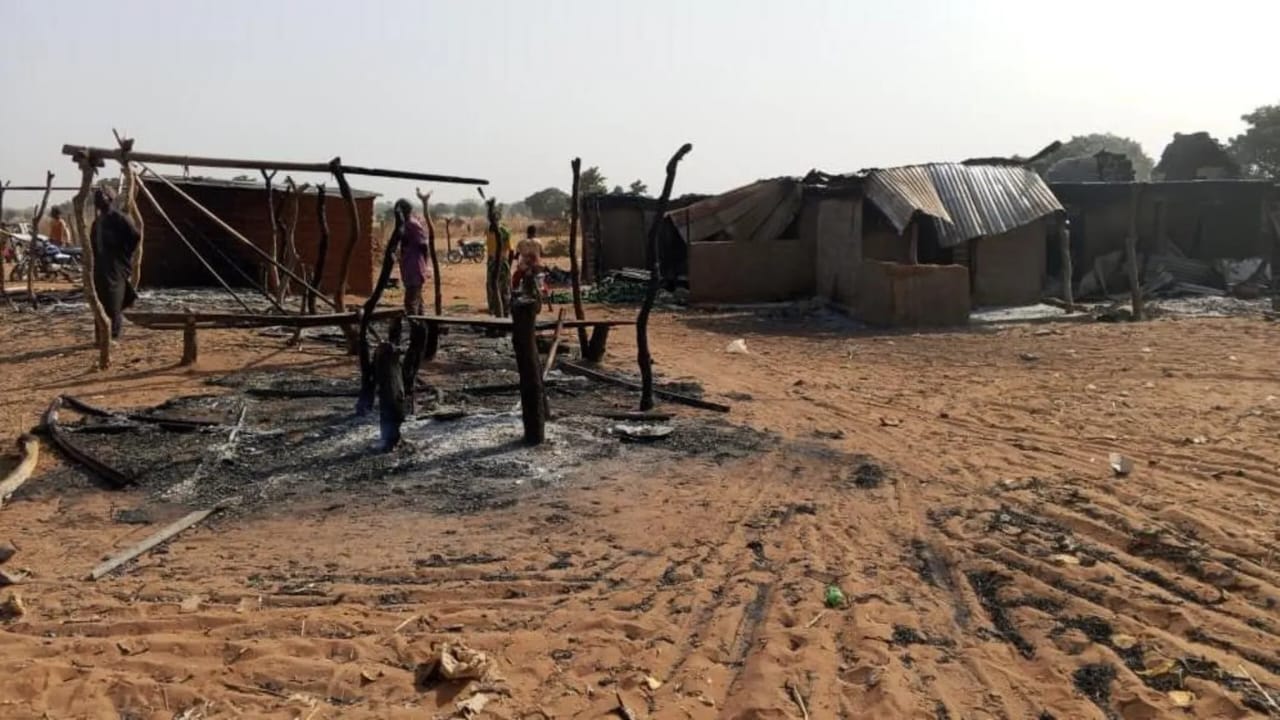Lassa Fever Outbreak Claims 118 Lives in Nigeria as Health Crisis Deepens
- by Abdullah Muhammad, RNG247
- about 9 months ago
- 165 views

...NCDC Reports Surge in Cases Amid Declining Hygiene Standards
In a devastating report, Nigeria's Centre for Disease Control and Prevention (NCDC) has confirmed that Lassa fever has claimed 118 lives in the country within the first three months of 2025. This alarming figure highlights the persistent threat posed by the virus, which is primarily transmitted by rodents and has been a recurrent issue in Nigeria since its discovery in 1969 in Borno State.
The challenging nature of this outbreak is underscored by the fact that Lassa fever has historically affected the most vulnerable populations, particularly in rural areas. These communities often face dire sanitation issues that facilitate the rodent infestations responsible for spreading the virus. Despite decades of awareness campaigns aimed at improving hygiene practices, tangible improvements remain elusive, leaving many households susceptible to contamination from rats, food, and kitchenware.
A Sobering Statistical Snapshot
From January to March 2025, the NCDC reported a total of 645 confirmed cases of Lassa fever, yielding a fatality rate of approximately 18.3%. Director General Jide Idris emphasized this grim statistic in a recent statement, noting the ongoing challenges faced by health care providers across the country.
With a troubling trend of around 100 deaths per quarter from Lassa fever, the situation has reached a critical point. Over 20 health workers have contracted the virus across five of the 33 affected states, further straining an already overburdened healthcare system. Many treatment centers are experiencing staffing shortages, hindering their ability to effectively respond to the rising number of cases.
A Shift in Treatment Approaches
One of the most concerning developments highlighted by Idris is the tendency among patients to delay seeking medical care. Many individuals are opting for self-medication or unapproved treatments, which are often ineffective and can worsen their condition. This reluctance to seek professional medical assistance exacerbates an already precarious health crisis.
As Nigeria grapples with these alarming statistics and the ongoing spread of Lassa fever, it is imperative for both the government and health organizations to intensify their efforts in educating communities about prevention methods, improving sanitation, and ensuring that health facilities are adequately staffed. Without decisive action, the cycle of outbreaks, suffering, and fatalities may continue to plague the nation.
The fight against Lassa fever remains a pressing public health challenge, calling for immediate attention and comprehensive strategies to safeguard the health of Nigerians.












.jpg)



0 Comment(s)